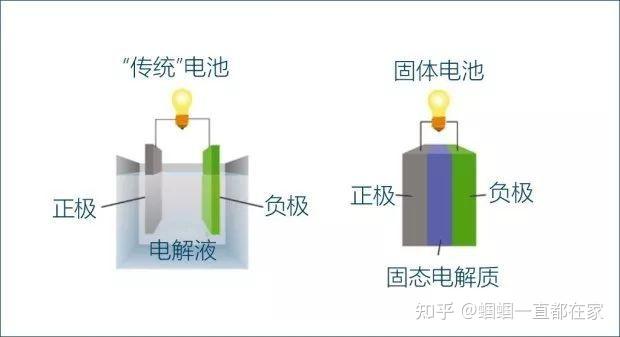好多人的回答隔靴搔痒,提供了很高的情绪价值,但是…不太符合知乎遗风。
能在《科学》刊登的必定还是有很高学术价值,值得鼓励。
同时再次感慨…搞基础材料研究创新的人都太难了,价值短期内无法体现出来,显得也好无趣,固态电池反复放鸽子一方面在于材料创新太难了,另一方面在于没有很好的商业落地方式。。
我也并非固态电池领域专业人士,但尝试着做些梳理,其实研究核心在于尝试攻克固态电池电导率和界面阻抗这两个最核心的难题。
一句话简要版研究相关结论如下:固态电池在电解质和电极的良好接触方面仍存在挑战,进而限制了实际可使用电极的厚度,我们这项研究攻克了部分难题。
人话翻译就是:正负极之间原来是液体电解质厚度很大,换成固态物质之后,容易产生高界面阻抗,离子迁移困难,进而导致电解质厚度没法做的太厚。
① 固态电池碰到了啥难处?
固态电池电解质厚度只有10~100nm,液态不存在厚度问题;

② 为啥固态电解质搞得这么薄?
核心原因在于固态电解质导电率较低,如果液态导电率是1的话,那固态只有液态的万分之一(粗估)。所以我们要努力攻克固态电解质界面阻抗和导电率话题
③ 他们咋攻克的?
材料魔法,添加点东西,增加已知锂超离子导体的成分复杂性来消除离子迁移障碍。
--------------------------------------
部分原文:
Solid electrolytes have been developed to allow solid-state batteries to compete with liquid electrolyte batteries, but there is still a challenge in ensuring good contact with the electrodes, which thus limits the thickness of electrodes that can be used in practice. Li et al. applied the principles of high-entropy materials to improve upon the properties of existing electrolytes through the sensible partial substitution of addition elements. The authors demonstrate the incorporation of their materials into a cathode structure, which provides the high ionic conductivity required for solid-state battery applications. —MSL
固体电解质已经被开发出来,可以让固态电池与液体电解质电池竞争,但在确保与电极的良好接触方面仍然存在挑战,从而限制了实际使用的电极厚度。运用高熵材料的原理,通过合理的部分替换添加元素来改善现有电解质的性能。作者展示了将他们的材料整合到阴极结构中,从而提供固态电池应用所需的高离子导电性。火星科学实验室。
No design rules have yet been established for producing solid electrolytes with a lithium-ion conductivity high enough to replace liquid electrolytes and expand the performance and battery configuration limits of current lithium ion batteries. Taking advantage of the properties of high-entropy materials, we have designed a highly ion-conductive solid electrolyte by increasing the compositional complexity of a known lithium superionic conductor to eliminate ion migration barriers while maintaining the structural framework for superionic conduction. The synthesized phase with a compositional complexity showed an improved ion conductivity. We showed that the highly conductive solid electrolyte enables charge and discharge of a thick lithium-ion battery cathode at room temperature and thus has potential to change conventional battery configurations.
目前还没有设计规则来生产具有足够高的锂离子电导率的固体电解质,以取代液体电解质,并扩大当前锂离子电池的性能和电池配置限制。利用高熵材料的特性,我们设计了一种高离子导电固体电解质,通过增加已知锂超离子导体的成分复杂性来消除离子迁移障碍,同时保持超离子传导的结构框架。合成相组成复杂,离子电导率提高。我们证明了高导电性固体电解质能够在室温下对厚锂离子电池阴极进行充放电,从而有可能改变传统的电池结构。